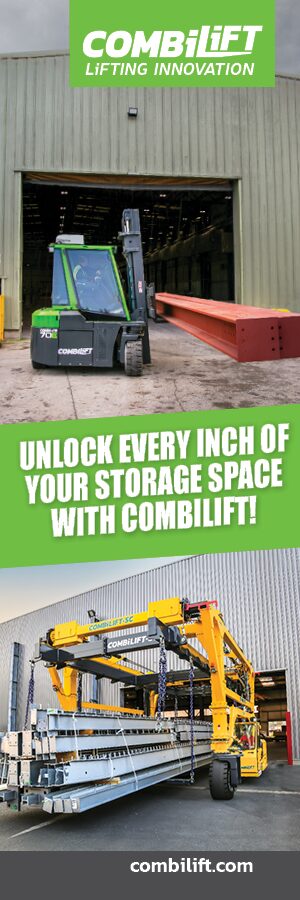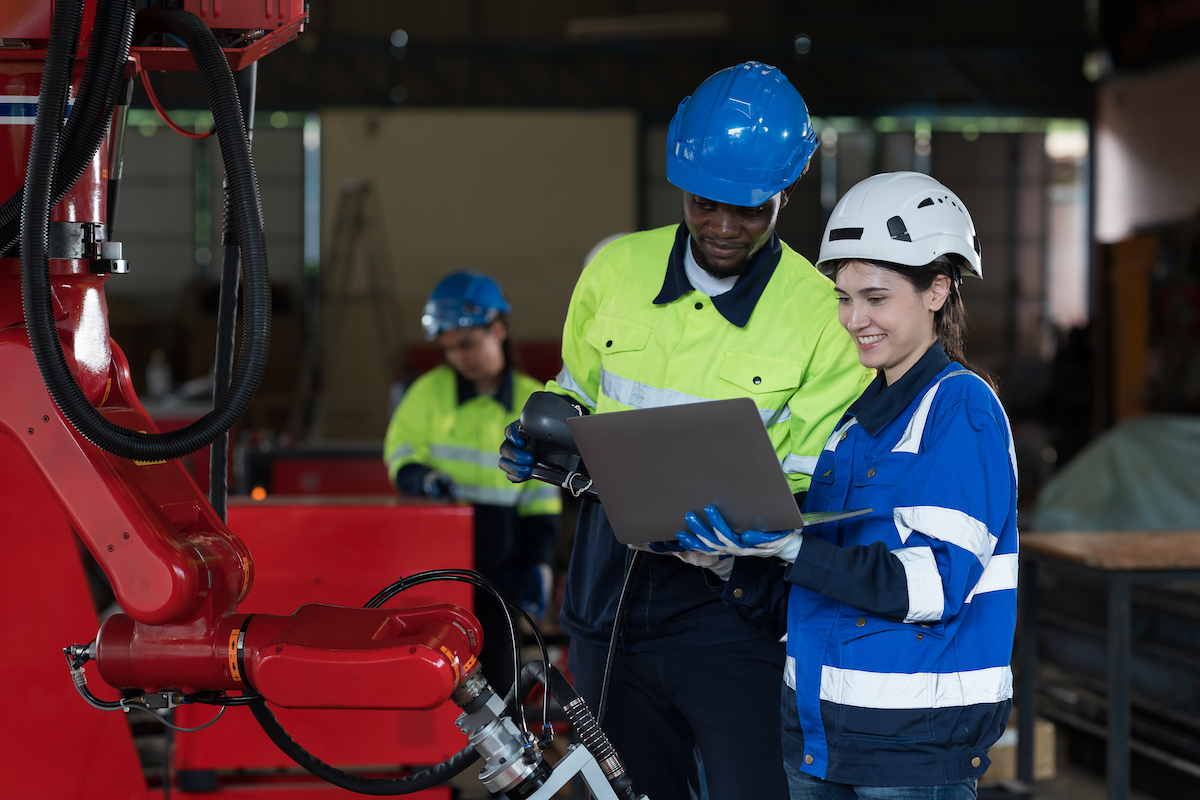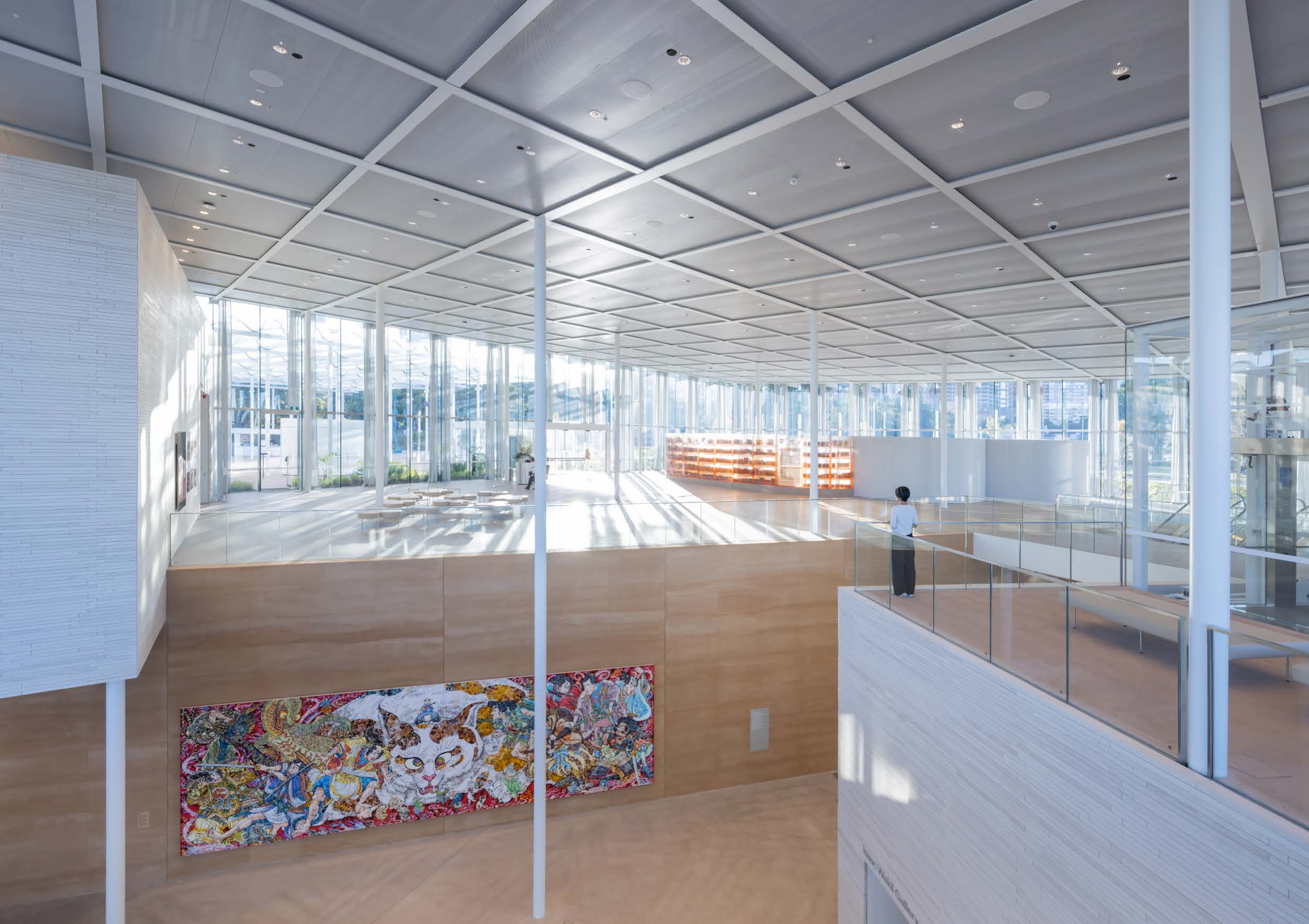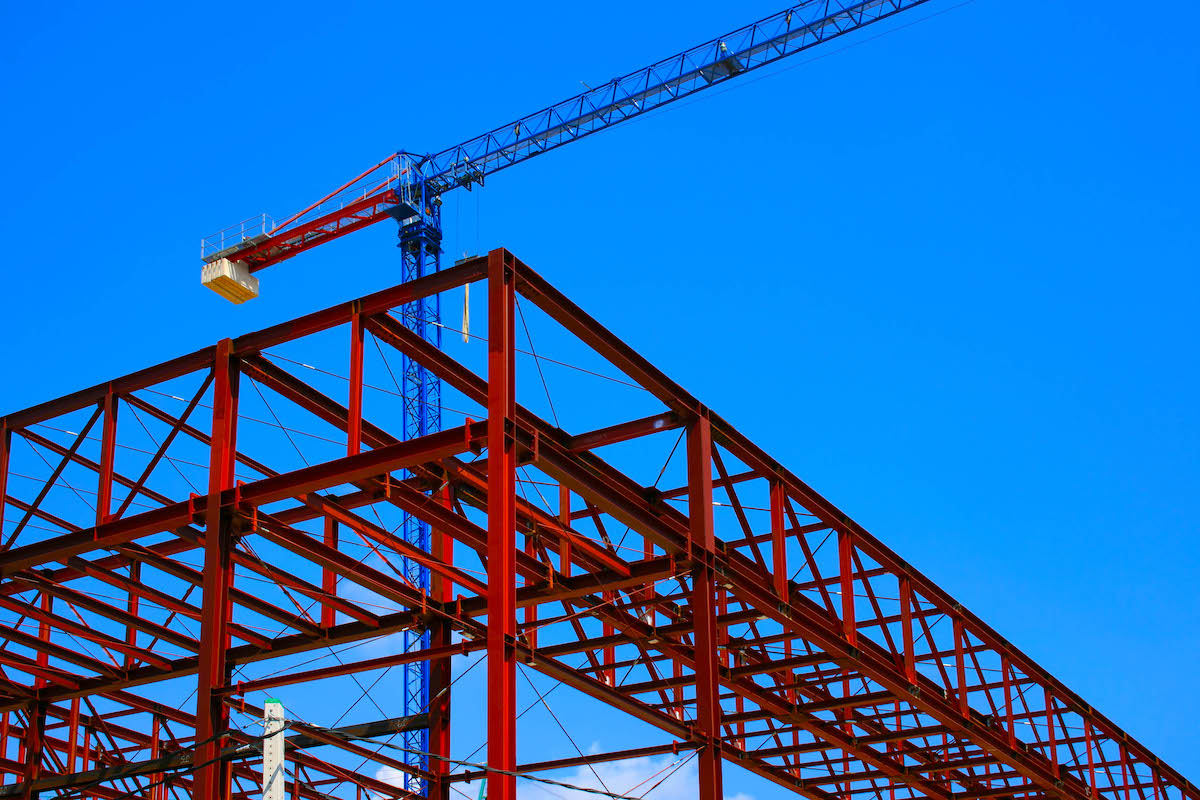The ASI is working with domestic steel producers to meet the Federal Government’s emission reduction requirements under the Australian Carbon Border Adjustment Mechanism (CBAM). The ASI contends the CBAM design needs to include the provision of a comprehensive traceability scheme that is capable of providing verification of the provenance of the carbon emission intensity value associated with any given parcel of semi-finished steel or finished steel products.
This traceability scheme needs to be able to account for the transit of imported steel and steel products through intermediate countries. In the absence of credible verified carbon emission intensity credentials, the value assigned should default to that of the highest quartile producer group in the country of origin. ASI sustainability initiatives in 2023-2024 included:
- Prepared a submission with input from local steel producers to the Senate Inquiry into Effectiveness of Federal Government Policy on Waste, Recycling and the Circular Economy. The inquiry is expected to release its findings during November 2024. The ASI has called for the prohibition of scrap steel exports via the Federal Government using its powers under the Recycling and Waste Reduction Act 2020. Steel scrap is a sovereign and increasingly scarce and valuable resource, the ASI submission says. Australia needs to fully optimise waste and the circular economy by prohibiting the export of unprocessed steel.
- Launched the inaugural Steel Sustainability Awards in February 2024. There were four main category winners from a field of 25 entries. The awards showcase the achievements of the end-to-end supply chain including architects, designers, engineers, steel manufacturers, distributors, fabricators, processors, builders and constructors in delivering steel-related solutions that result in positive sustainable impact.
- Developing as a member of the Australian Sustainable Built Environment Council (ASBEC) a clear policy roadmap across all levels of government for implementation of an embodied carbon framework and measurement at scale across the Australian built environment to promote consistency across residential and commercial buildings and infrastructure.
- Working closely with the National Australian Built Environment Rating System as they develop a new carbon rating system for measuring embodied carbon in building materials.
- Chaired the Australian Steel Stewardship Forum (ASSF) which brings together a range of ASI manufacturing members and provides a forum to discuss and have input into a variety of steel stewardship and sustainability issues and developments, and enables a platform for developing advocacy plans to enhance our representation with government groups. ASSF membership provides direct access to ASBEC policy planning and output, providing greater representation for our industry on sustainability matters.
- Worked on a Design for Deconstruction project to strategise the list of building elements and how they will be best reused/reclaimed/recycled.
- ASI is a participating member of the International Steel Constructors Group, which is chaired by the Canadian Institute of Steel Construction, and has participating steel industry associations from across the globe. Currently this group is working on guidelines for low carbon design using steel and provides a great opportunity for international shared learnings in this area.
- ASI continues to be an active participant with the World Steel Association sustainability programs, which includes life cycle analysis (LCA) and decarbonisation awareness and measurement initiatives.
ASI participated in meetings with broader industry for a current Australian Standards initiative to develop a standard for ‘green steel’. It has also provided input and support for Infrastructure Australia in its endeavours to provide accurate forecasts for construction and its impact on nearer term embodied carbon.









